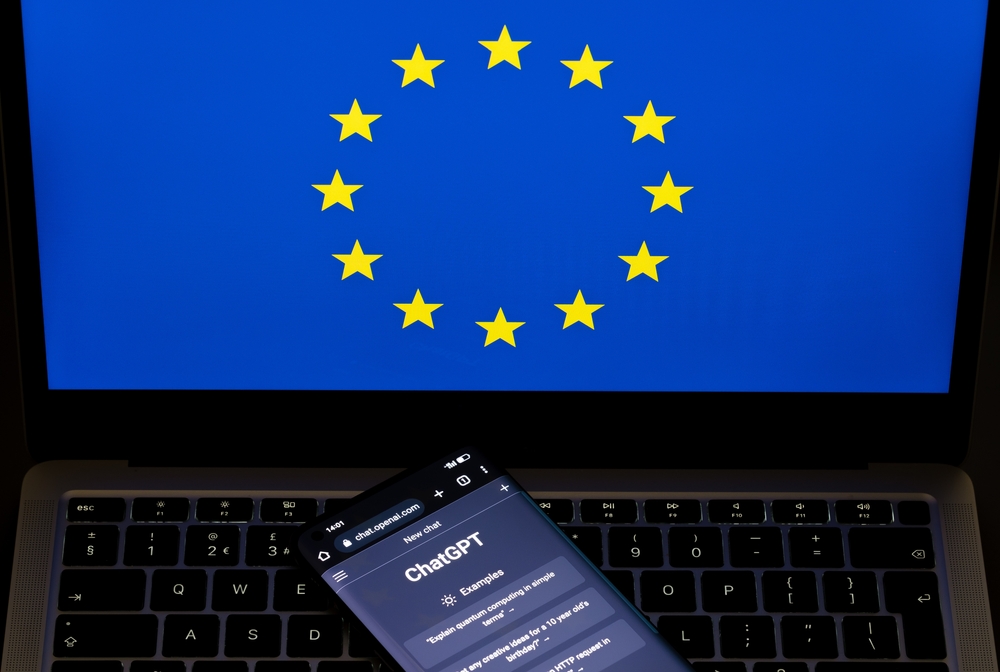The EU’s negotiations on the landmark AI Act were temporarily paused on Thursday, with parties agreeing to reconvene on Friday.
The crucial talks involving EU member states, the European Commission, and the European Parliament are set to enter their third day.
“We are exhausted. We cannot go on like that. We need to sleep so we can reassess the texts,” a participant in the discussions told Reuters, preferring to remain anonymous.
The negotiators, facing the pressure of impending EU-wide elections that would severely hamper the act’s progress, worked overnight to agree on contentious aspects of the law.
The AI Act has met numerous complications, as it was first formulated back in 2019 when generative AI as we know it today was a mere glint in the eyes of its creators.
The European competition commissioner, Thierry Breton, expressed optimism on X, stating, “Lots of progress made over the past 22 hours on the AI Act. Resuming work with EU Parliament and Council tomorrow at 9:00 AM. Stay tuned!”
Lots of progress made over past 22 hours on the #AIAct
Resuming work with EU Parliament and Council tomorrow at 9:00 AM
Stay tuned!#Trilogue pic.twitter.com/gEnggaRKTR
— Thierry Breton (@ThierryBreton) December 7, 2023
However, some progress has been made, with a preliminary agreement on regulating frontier AI systems like ChatGPT and Bard.
According to a document seen by Reuters, the European Commission plans to compile a list of AI models considered a “systemic risk.” Additionally, providers of general-purpose AI systems must disclose comprehensive summaries of their training data.
The proposed law might notably exempt free and open-source AI licenses from regulations, except in high-risk scenarios or for prohibited uses.
If the exemption for open-source models developed by companies like France’s Mistral and Germany’s Aleph Alpha is included in the final legislation, it would be perceived as a win for these firms.
However, they cautioned, “The law isn’t settled yet, so we can’t rush to conclusions.”
Key areas of agreement
Thus far, the EU has agreed on the following this week:
- Coverage and definitions: The AI Act will adopt a definition of AI that aligns with the OECD’s recently modified definition. Free and open-source models look set to remain outside the regulation’s scope unless categorized as high-risk, used for prohibited applications, or at risk of manipulation. It’s unclear whether this will cover models such as LLaMA, but it seems likely.
- Foundation models: The Act maintains its tiered approach, automatically categorizing models trained with computing power above certain thresholds as posing a ‘systemic risk.’ Other rules pertain to the number of business users and the model’s parameters, adaptable to technological advancements. Transparency obligations will require publishing detailed summaries of training data.
- Governance: An AI Office within the Commission will enforce foundation model provisions. National authorities will supervise AI systems coordinated by the European Artificial Intelligence Board for consistent law application. An advisory forum and a scientific panel will provide expert input.
- Prohibited practices: The Act includes a list of banned AI applications due to unacceptable risks, such as manipulative techniques, vulnerability exploitation, social scoring, and indiscriminate facial image scraping. The European Parliament proposes expanding this list, though it faces resistance from the Council.
- Regulation of pre-existing AI systems: The Act will cover AI systems already on the market if they undergo significant changes.
Areas of controversy
The EU is yet to reach a consensus on:
- National security exemption: EU countries, led by France, advocate for a broad exemption for AI systems used in military or defense contexts, including those used by external contractors.
- Law enforcement: Disputes continue over the use of AI in law enforcement, particularly regarding predictive policing, emotion recognition software, and Remote Biometric Identification (RBI). The Parliament and Council are at odds over the extent of bans and exceptions in these areas.
- Global impact: There’s an ongoing debate on whether the Act’s prohibitions should apply solely within the EU or prevent EU-based companies from selling restricted AI applications abroad.
By the end of the week, the industry will have a better idea of the direction of the AI Act. It looks likely that there will be a few more twists and turns yet, however.





